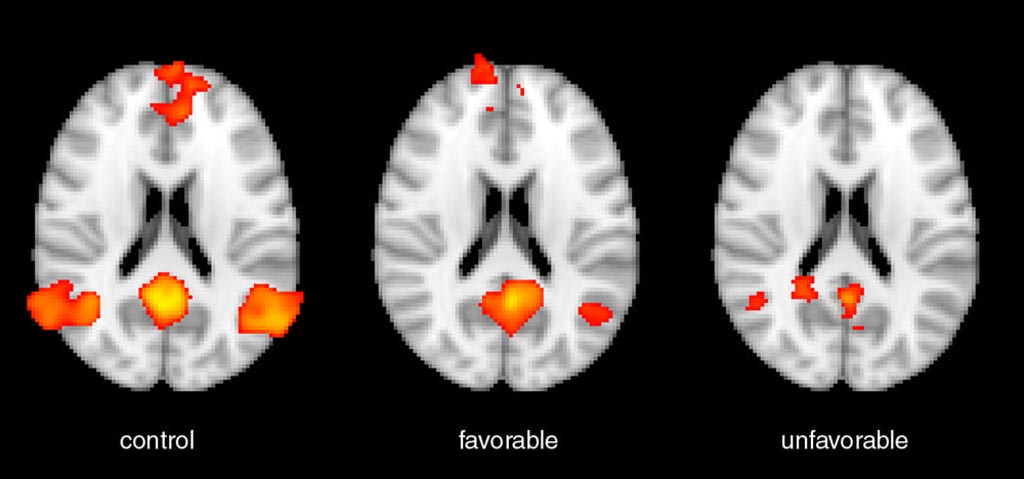New MRI Techniques Help Predict Neuro Outcomes
By MedImaging International staff writers
Posted on 23 Oct 2017
Researchers are using advanced Magnetic Resonance Imaging (MRI) techniques to help predict the neurological outcomes of patients that survive a cardiac arrest.Posted on 23 Oct 2017
The researchers used MRI-Diffusion Tensor Imaging (DTI) and resting-state functional MRI (fMRI) to show the large-scale functional integration, or connectome, of the brain.

Image: The images show an fMRI scan of a healthy control subject on the left; a scan of a patient after a cardiac arrest with a good functional outcome in the middle; and a cardiac arrest patient with a poor functional outcome on the right (Photo courtesy of RSNA).
The study included 46 patients who had suffered a cardiac arrest, and were in a coma, and was published online in the October 2017 issue of the journal Radiology by researchers from Johns Hopkins University School of Medicine (Baltimore, MD).
The researchers assessed the functional connectivity of the brain of the patients and found that brain connectivity measurements could predict the long-term recovery potential of patients with brain damage related to a cardiac arrest they had experienced. The researchers concluded that by carrying out MRI-based measurements of the functional connections in the brain they could better predict long-term recovery for those patients who suffered from a neurological disability following a cardiac arrest. The results also showed that connectivity measures could provide early markers of long-term recovery potential in such patients.
Lead author of the study, Robert D. Stevens, MD, said, “This is game-changing information about what happens in the brains of people who suffer cardiac arrest. We realize that network architectures can be selectively disrupted in this setting. Anti-correlation was preserved in patients who recovered and abolished in those who did not. Relative preservation of this anti-correlation was the most robust signal of a favorable outcome. Connectome studies have the potential to change not only outcome prediction, but to guide treatment as well."
Related Links:
Johns Hopkins University School of Medicine




 Guided Devices.jpg)









